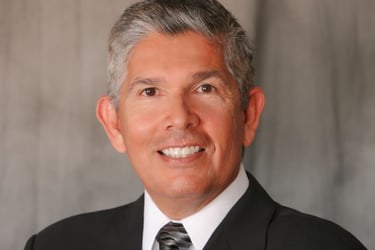
NM Politics
The Gubernatorial race in New Mexico
Who are you going to choose New Mexico?
Here are the candidates lining up for the Governor’s race. On the Democratic side, it essentially comes down to two names: Deb “haha” Haaland and Sam Bregman. On the Republican side, the field is even smaller, with Gregg Hull standing as the only serious contender, and Duke Rodriguez hovering in the background.








The Mayoral race in Albuquerque New Mexico












The Gubernatorial race in New Mexico
Who are you going to choose New Mexico?
Here are the candidates lining up for the Governor’s race. On the Democratic side, it essentially comes down to two names: Deb “haha” Haaland and Sam Bregman. On the Republican side, the field is even smaller, with Gregg Hull standing as the only serious contender, and Duke Rodriguez hovering in the background.








The Mayoral race in Albuquerque New Mexico












